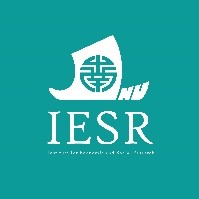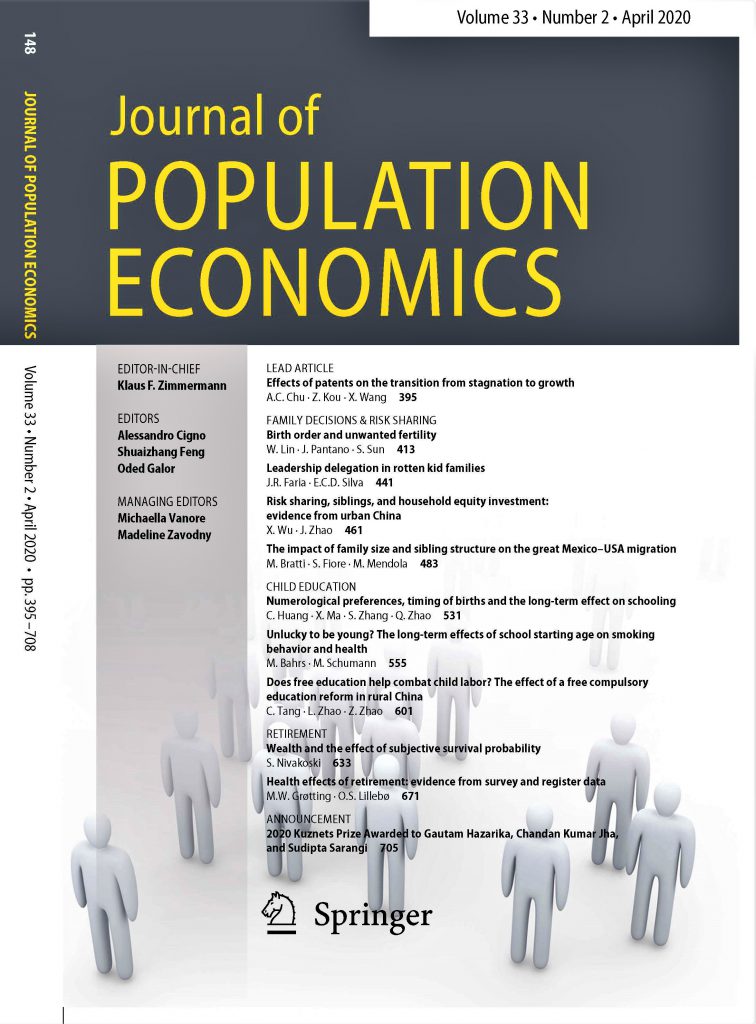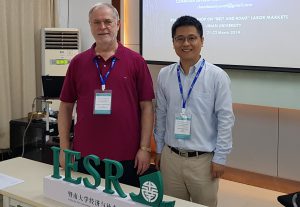A new GLO Discussion Paper finds that COVID-19 had drastic negative effects on labour market outcomes in Canada, with the largest effects for younger, not married, and less educated workers. Reported mental health is significantly lower among the most affected workers.
The Global Labor Organization (GLO) is an independent, non-partisan and non-governmental organization that functions as an international network and virtual platform to stimulate global research, debate and collaboration.
GLO Discussion Paper No. 542, 2020
The short-term Economic Consequences of COVID-19: Occupation Tasks and Mental Health in Canada – Download PDF
by Beland, Louis-Philippe & Brodeur, Abel & Mikola, Derek & Wright, Taylor
GLO Fellows Louis-Philippe Beland & Abel Brodeur

Abel Brodeur 
Louis-Philippe Beland
Author Abstract: In this paper, we document the short-term impact of COVID-19 on labour market outcomes in Canada. Following a pre-analysis plan, we investigate the negative impact of the pandemic on unemployment, labour force participation, hours and wages in Canada. We find that COVID-19 had drastic negative effects on labour market outcomes, with the largest effects for younger, not married, and less educated workers. We investigate whether the economic consequences of this pandemic were larger for certain occupations. We then built indices for whether (1) workers are relatively more exposed to disease, (2) work with proximity to coworkers, (3) are essential workers, and (4) can easily work remotely. Our estimates suggest that the impact of the pandemic was significantly more severe for workers more exposed to disease and workers that work in proximity to coworkers, while the effects are significantly less severe for essential workers and workers that can work remotely. Last, we rely on a unique survey, the Canadian Perspective Survey, and show that reported mental health is significantly lower among the most affected workers during the pandemic. We also find that those who were absent form work because of COVID-19 are more concerned with meeting their financial obligations and with losing their job than those who remain working outside of home, while those who transition from working outside the home to from home are not as concerned with job loss.
The Journal of Population Economics welcomes submissions dealing with the demographic aspects of the Coronavirus Crisis. After fast refereeing, successful papers are published in the next available issue. An example:
Yun Qiu, Xi Chen & Wei Shi (2020): Impacts of Social and Economic Factors on the Transmission of Coronavirus Disease 2019 (COVID-19) in China, GLO Discussion Paper, No. 494.
REVISED DRAFT NOW PUBLISHED OPEN ACCESS ONLINE: Journal of Population Economics, Issue 4, 2020.
Further publication on COVID-19 of a GLO DP:
GLO Discussion Paper No. 508, 2020
Inter-country Distancing, Globalization and the Coronavirus Pandemic – Download PDF
by Zimmermann, Klaus F. & Karabulut, Gokhan & Bilgin, Mehmet Huseyin & Doker, Asli Cansin is now forthcoming OPEN ACCESS in The World Economy doi:10.1111/twec.12969 PREPUBLICATION VERSION
More from the GLO Coronavirus Cluster
GLO Discussion Papers are research and policy papers of the GLO Network which are widely circulated to encourage discussion. Provided in cooperation with EconStor, a service of the ZBW – Leibniz Information Centre for Economics, GLO Discussion Papers are among others listed in RePEc (see IDEAS, EconPapers). Complete list of all GLO DPs – downloadable for free.

Ends;
















